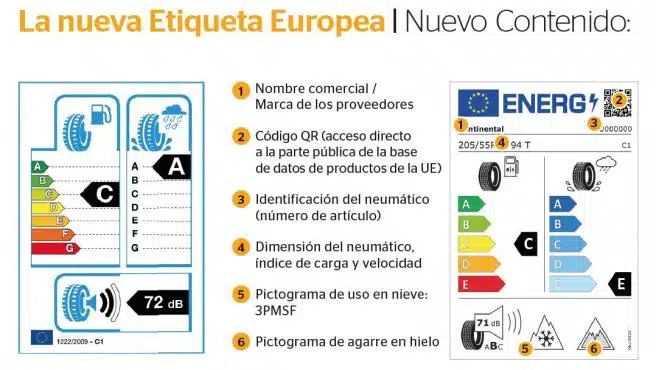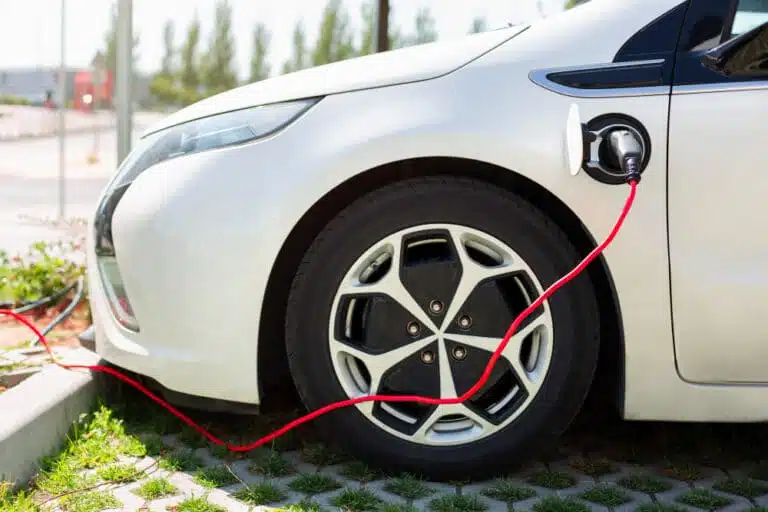Technologies that help reduce fuel consumption
In an increasingly aware world of the need to reduce fuel consumption, emerging technologies play a crucial role. From innovative systems in vehicles to effective driving techniques, these solutions not only enable significant savings in energy expenditure but also contribute to environmental sustainability. Below, we will explore some of the most notable technologies that help optimize fuel use in vehicles and transport fleets.
Currently, the search for alternatives that promote sustainability has led to the adoption of various technologies that help reduce fuel consumption in vehicles. These innovations are not only beneficial for the environment but also represent significant savings in operating costs. In this article, we will explore the main technologies being implemented to optimize fuel use in transportation.
Tire Pressure Monitoring and Inflation Systems
One of the factors that most influence fuel consumption is tire pressure. Tire monitoring and inflation systems allow for maintaining the proper pressure, which reduces rolling resistance and, therefore, fuel consumption. These systems not only contribute to energy savings but also enhance safety by improving tire grip on the road.
Direct Injection and Advanced Engines
Direct injection of fuel into engines has been a revolution in the automotive industry. This technology allows fuel to be injected directly into the combustion chamber, improving efficiency and engine performance. Advances in engines such as continuously variable transmission (CVT) and hybrid engines have also proven effective in reducing fuel consumption by providing optimized performance.
Operating Temperatures and Start/Stop Systems
Start/Stop systems are an innovation that automatically shuts off the engine when the vehicle is stopped, such as at traffic lights or in traffic. This mechanism reduces fuel consumption by preventing unnecessary engine operation and, particularly in urban environments, has proven to be highly effective. Additionally, proper maintenance of the engine’s operating temperatures also helps improve combustion efficiency.
Adaptive Cruise Control and Assistance Technologies
Technologies such as adaptive cruise control allow for maintaining a constant speed, automatically adjusting the vehicle’s speed based on traffic. This function not only reduces driver fatigue but also optimizes fuel consumption by avoiding sudden accelerations. Other innovations, such as intelligent navigation systems, offer more energy-efficient routes.
Coasting Technologies
Coasting is another technique used to reduce fuel consumption. This technology allows the vehicle to operate optimally by harnessing inertia on descents or favorable terrains, maintaining speed without needing to press the accelerator. This not only saves fuel but also decreases pollutant emissions.
Fleet Monitoring and Management
In the business realm, fleet management technologies and real-time data monitoring are essential for reducing fuel consumption. Tracking speed, preventive maintenance, and route analysis enable companies to optimize their operations and reduce costs, promoting a more efficient use of resources.
Future Innovations and Their Impact
Innovations continue to advance in the field of transportation and the automotive industry. The search for alternative fuels and the development of innovative electric engines promise to further reduce fuel consumption in the future. For example, the development of electric engines that do not rely on imports from certain countries is gaining relevance. For more information on these innovations, you can consult articles about innovative electric engines.
The technologies mentioned not only focus on sustainability and energy savings but also provide significant value in reducing emissions, which is imperative in a world facing climate change and environmental concerns. For more details on how to calculate energy efficiency and save fuel, visit here.
In summary, the integration of these technologies into everyday transportation is crucial for moving towards a more sustainable future, improving efficiency, and addressing current environmental challenges.
Finally, airlines have requested the implementation of policies that block fuel taxes in the European Union, reflecting the importance of balancing the economy and sustainability in the transportation industry. More information on this topic can be found here.
In the search for a more sustainable future, technologies that help reduce fuel consumption play a fundamental role in optimizing energy efficiency. With the growing concern about climate change and the need to minimize greenhouse gas emissions, the adoption of these innovations becomes essential for both individual drivers and commercial fleets.
One highlighted aspect is the systems of direct injection and automatic transmissions, which allow for more precise control of the air-fuel mixture, thus improving engine performance. Additionally, Start/Stop technology helps save fuel by shutting off the engine during brief stops, such as at traffic lights, and restarting it instantly. These practices not only reduce fuel expenses but also contribute to a significant decrease in pollutant emissions.
Similarly, the use of technologies such as adaptive cruise control and intelligent navigation allows for optimizing routes and maintaining the ideal speed, leading to considerable savings. Innovations such as the hybrid system and other energy alternatives, like biofuels, provide viable solutions for vehicles less dependent on fossil fuels.
It is evident that the correct implementation and continuous development of these technologies are key to achieving more sustainable mobility. As the automotive industry moves towards more eco-friendly models, the commitment to fuel savings and energy efficiency becomes a fundamental pillar of the future of transportation.


